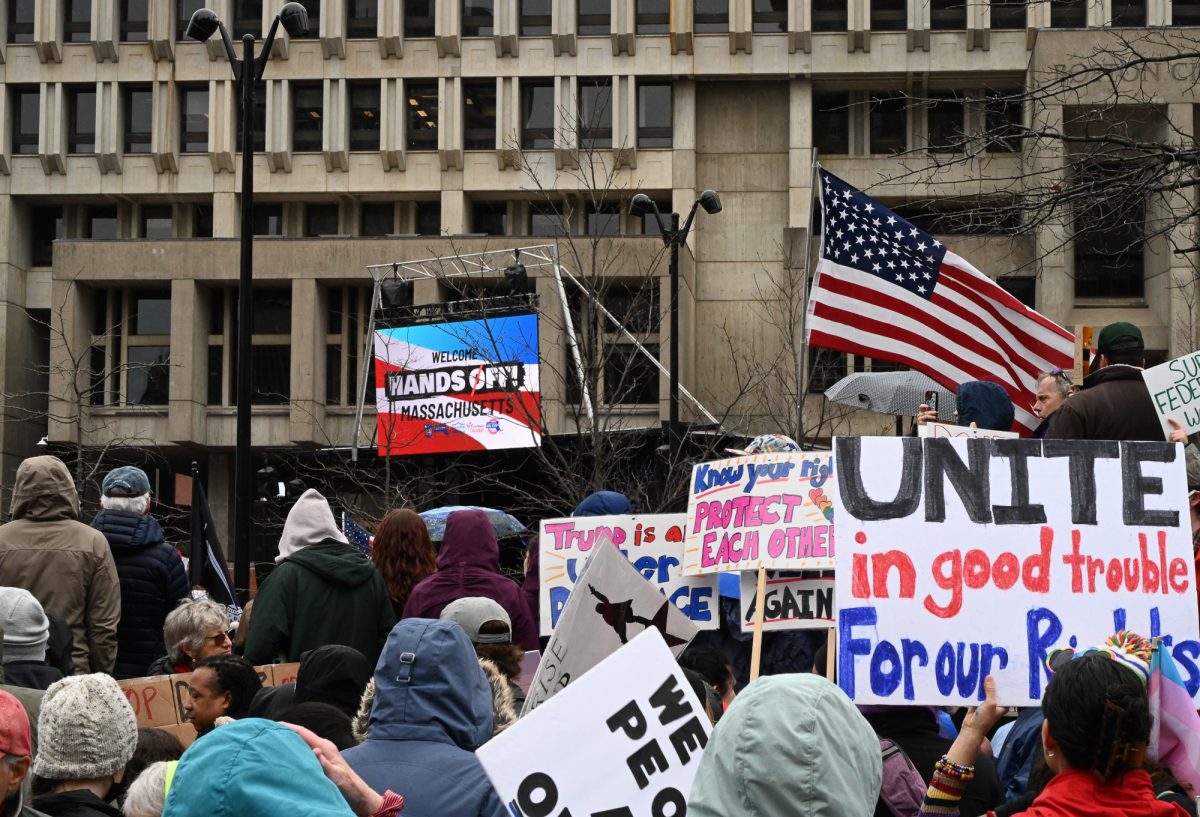College students have an obligation to inform themselves about the health care debate in order to ensure constructive and positive changes in the system, speakers said at the Massachusetts Institute of Technology.
A PBS Frontline documentary called “Sick Around America,” which reported on the current state of the United States health care system, was screened at MIT on Monday. The program followed American families and insurance companies throughout the U.S., highlighting the difficulties health care reform faces.
The lecture and screening, organized by MIT and Smith College students, invited Benjamin Day, Executive Director of Mass-Care, and Doctors for America President and co-founder Dr. Vivek Murthy to discuss their views on health care at a crucial point in the national debate.
Murthy said the harsh reality shown in the film was necessary to remind and encourage people to be informed about health care.
“It is powerful but difficult to watch such films,” he said. “We need to remind people of these stories.”
Day compared the U.S. health care system to systems in other countries that he said have less economic power, but nevertheless efficient health care systems.
“[Many other countries] don’t allow for-profit companies,” he said. “We pay so much for it. . . we end up giving up even basic stuff. It forces us into difficult decisions.”
Murthy agreed, saying, “The reality is that most insurance companies are for-profit organizations.”
Speaking about the difficulties people face regarding health care, Day said the number one issue is cost rather than access to care, as tax dollars would theoretically be funding government health care.
“Basically, by definition, you’re taking an income stream out of somebody’s pocket,” he said. “It is seen as losing jobs and is very heavily defended territory.”
Murthy also emphasized the importance of health care for college students.
“For people who are young, if we can build a system that focuses on prevention, then we’re setting young people up for better lives and that has all kinds of implications &- better productivity economically, low cost overall,” he said.
Despite the common belief that it is nearly impossible to change an established system, Murthy said with initiative young people could make a strong impact.
“Three years ago when I was living here, in Brookline, Mass., I had a very offhand, cynical view of the political system. I thought that one person probably doesn’t make that much of a difference,” he said.
“But one thing I have realized since then is that there is a measureable impact of individual effort,” he said. “Change and influence happen with when you write that letter, make a call to a congressman, when you actually join hands with other people and try to make a difference.”
Attendee Elcin Unal, a post-doctoral student at MIT, said the topic was very relevant to the entire audience.
“There needs to be more awareness about the problems in the country and how [people] can contribute to solving those issues,” Unal said.
Organizer Anna Cable, a graduate student at the Smith College School for Social Work, said young people have an obligation to inform themselves about the health care debate because of its direct effect on their lives.
“I think health care costs are going to significantly impact our generation and we tend to have this attitude that political hurdles are insurmountable, that don’t have a lot to do with us, have no bearing on us,” she said. “But it behooves us to pay attention to what’s going on,” she said.
Organizer Alexi Goranov, a post-doctoral student at MIT, said the recession and changing economic landscape provide an incentive for people to pay more attention to health care reform.
“We’re not covered very well,” Goranov said. “College students need to realize that it’s changing out there, what it means to be a student and what it means to be a worker.
“If you can’t get a good job, you can’t get good health insurance.”




















































































































